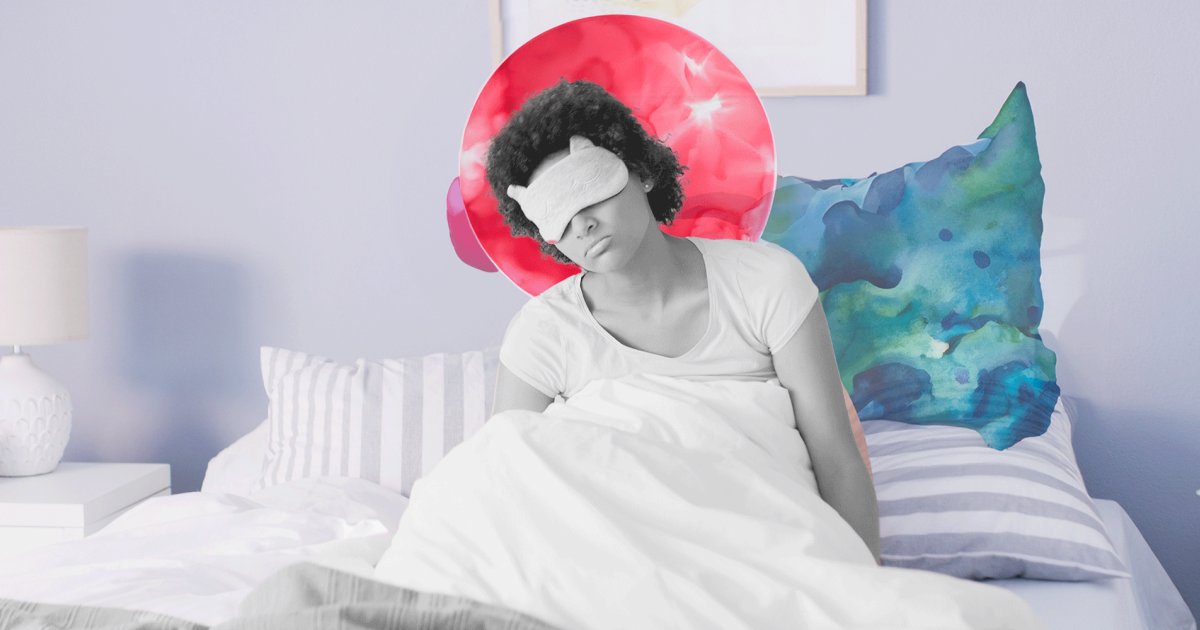Some awakenings are harder than others. No matter what kind of night you had – good or bad, you emerge feeling in a gloomy mood, with only one desire: to go back to bed without really having an explanation. According to a recent study conducted by researchers from the University of Michigan (United States), there is indeed a scientific connection between sleeping and standing up on the left foot.
Mood swings and circadian rhythm
Published in the journal PLOS Digital Health on January 31, 2024, this paper was based on pre-existing data from 2,500 medical interns followed for two years, whose schedules were grueling. First, scientists have discovered that everyone's mood naturally drops early in the morning, around 5 am. A phenomenon that occurs regardless of how long you sleep. However, lack of sleep makes these mood swings worse. If you have a bad night, that low point seems even lower.
“Mood naturally develops with a low point in the morning and a high point in the evening, regardless of sleep deprivation,” explains Benjamin Shapiro, the study's lead author and a psychiatrist.
Researchers then discovered that there is a link between an individual's internal biological clock, also called the circadian rhythm, and mood. Their results suggest that feelings of happiness, sadness and irritability are not random but follow a predictable pattern throughout the day and night. Circadian rhythm disturbances, caused by stress at work, jet lag or irregular sleep, can have a significant impact on mood. Thus, the mismatch between the internal biological clock and the external environment disrupts the natural rhythm of the mood regulation process.
Read also
Your lack of sleep could prevent you from feeling positive emotions
Better understand mood disorders
If the results of the study were demonstrated only in small samples and tend to be confirmed in a larger and more diverse population, it highlights the importance of sleep for mental health and opens a new way to better understand and monitor mood disorders. “Instead of requiring invasive blood tests or temperature monitoring, we are able to obtain similar data through this study,” says Benjamin Shapiro.
So the next time you wake up on your left leg, remember that it's not just about you, there's a scientific reason. Thanks to the diligent work of researchers, you will always be able to get on the right foot in time.
Read also
Kind people sleep much better than others

